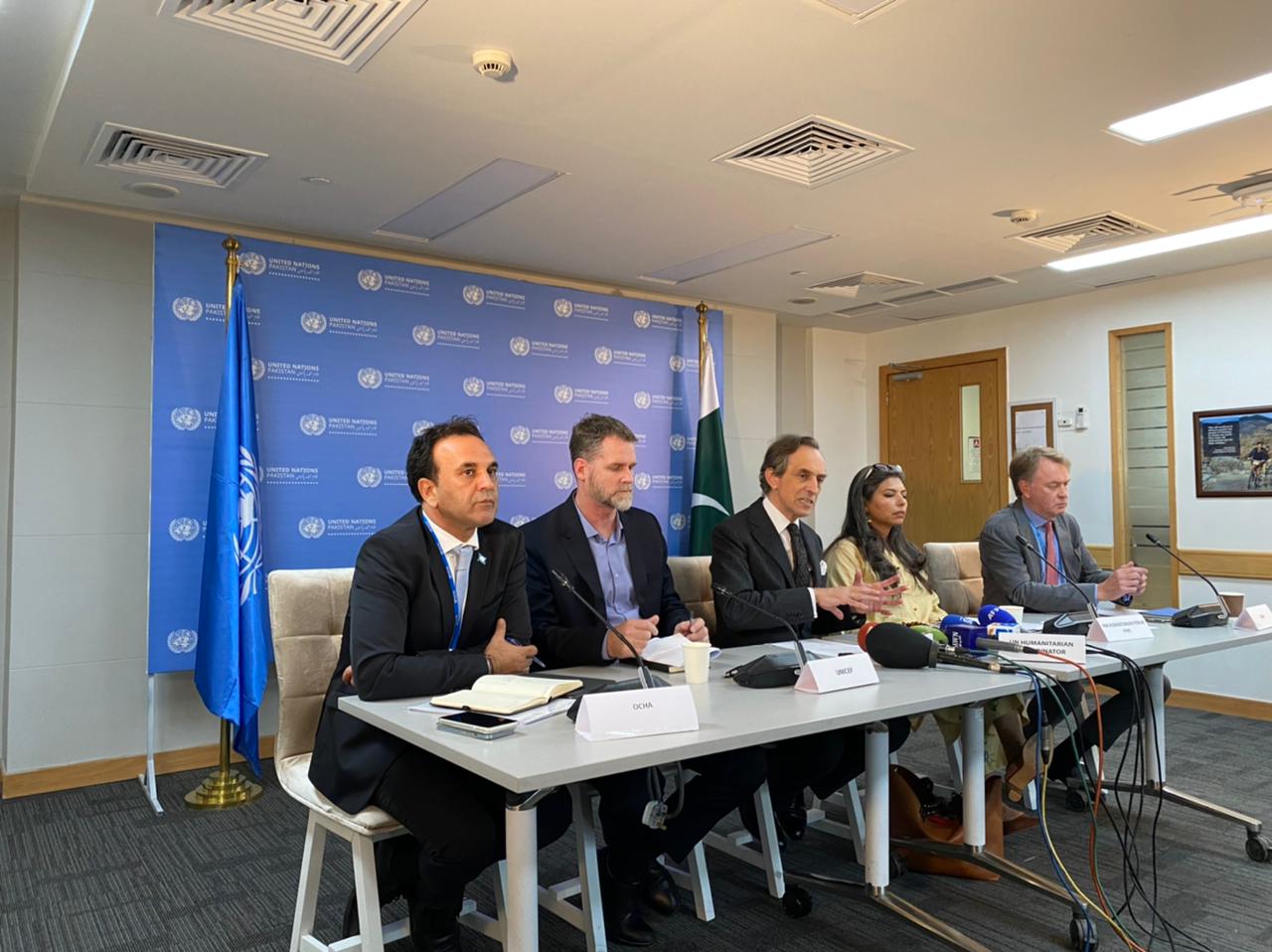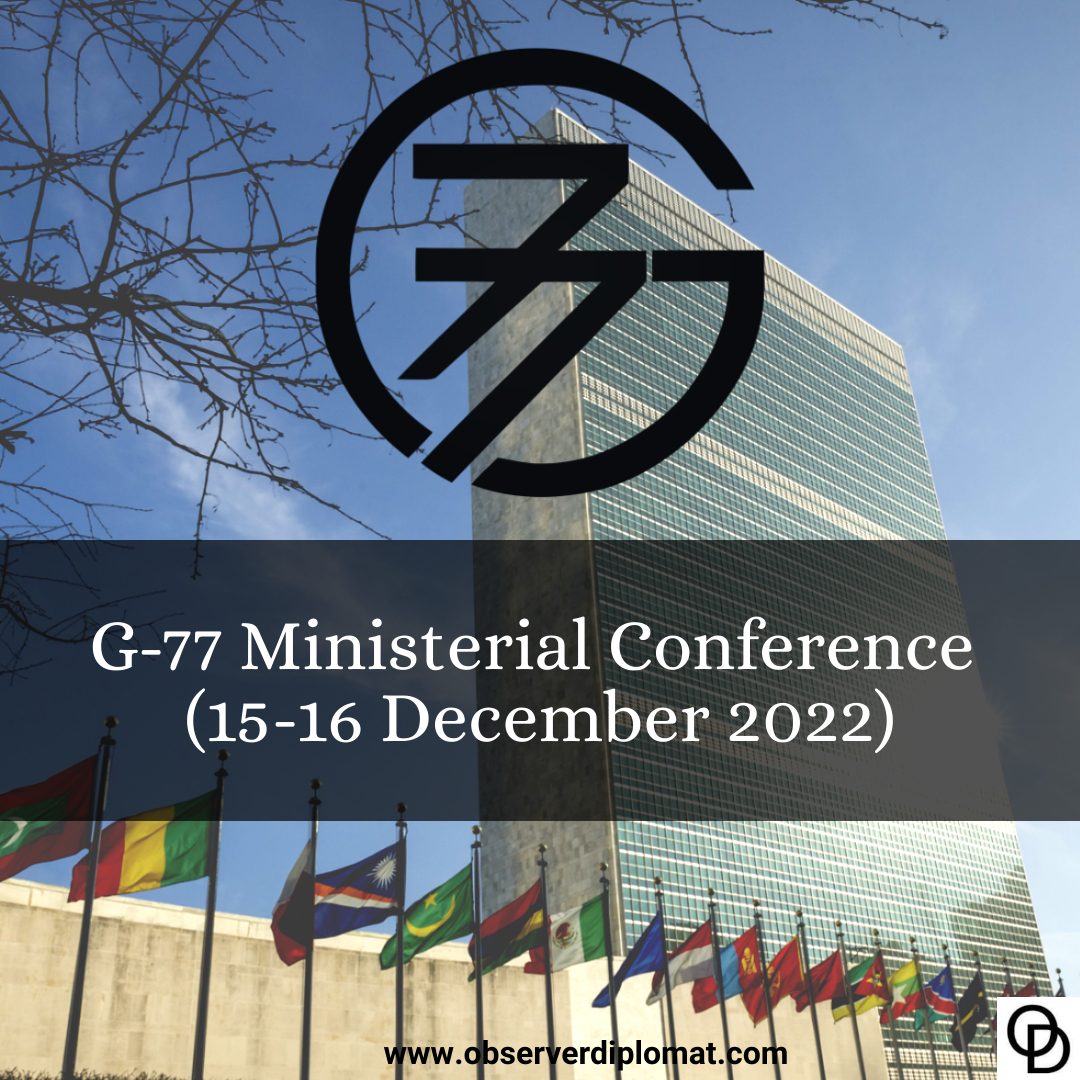According to the UN, essential food supplies for Pakistan’s flood-devastated towns may run out in January after a financing plea barely received a third of its intended response. Over the course of the summer, Pakistan was battered by uncharacteristic monsoon rains that submerged a third of the nation, damaged two million homes, Band left more than 1,700 people dead. At a press conference in the nation’s capital, UN Resident Coordinator for Pakistan Julien Harneis said, “It is of great concern to us to ensure food security in the following days and weeks for the people affected by rains.”The UN claimed its agencies and other NGOs had only received $262 million from international donations despite having made an appeal for more than $816 million.
“It’s really concerning because other emergency responses throughout the world receive a far larger percentage of response, and we’re not getting that funding here,” Harris added. According to Chris Kaye, the head of the UN mission there, the World Food Programme will run out of money for Pakistan on January 15. If we don’t receive the necessary funding, he continued, “We have a big and honestly, I think, very dangerous crisis ahead of us as we move towards 2023.” According to Kaye, the four million individuals who currently require life-saving food assistance will increase to 5.1 million during the winter. The floods have caused between eight and nine million people to fall below the poverty threshold.
The monsoon washed away wide swaths of crops, causing many already disadvantaged families to lose their means of subsistence. Despite the fact that the majority of the floodwater has receded, some homes are still underwater, forcing residents to live on raised highways or in makeshift camps. According to the UN, some persons have been coerced into child labour, child marriage, or trafficking. Pakistan ranks prominently among the countries most susceptible to climate-related extreme weather, although producing less than 1% of the world’s greenhouse gas emissions.
















